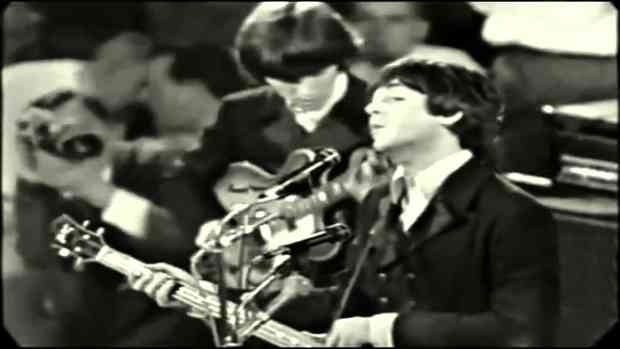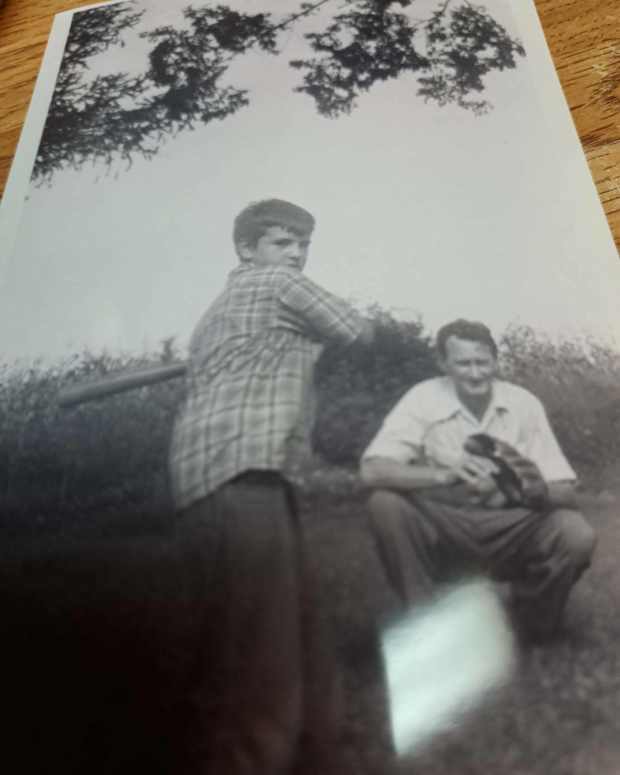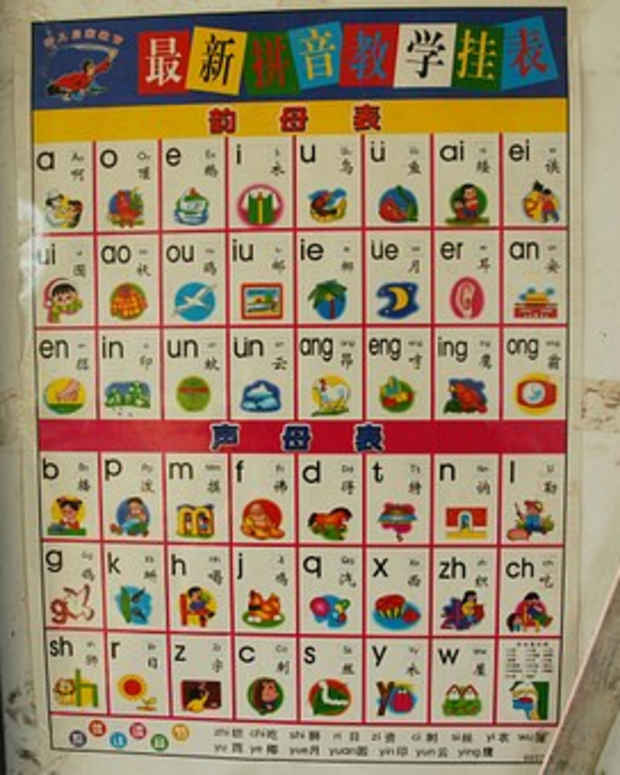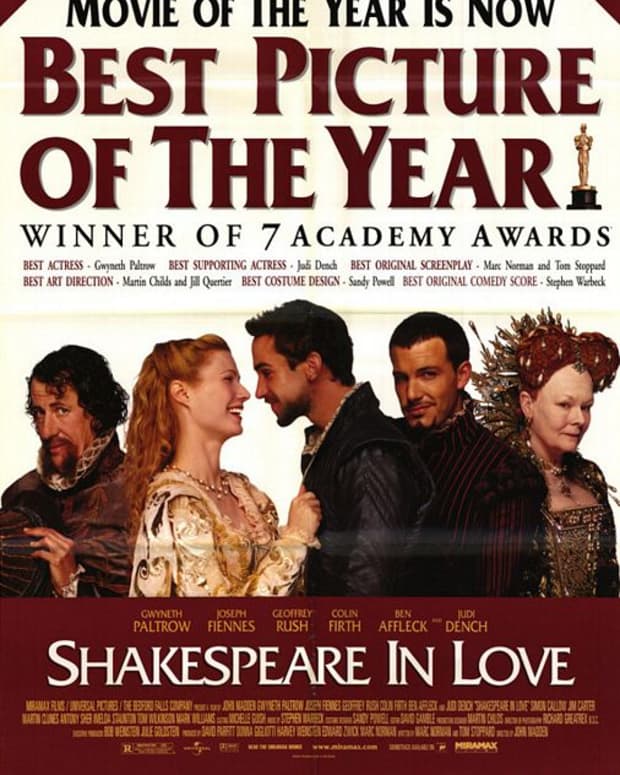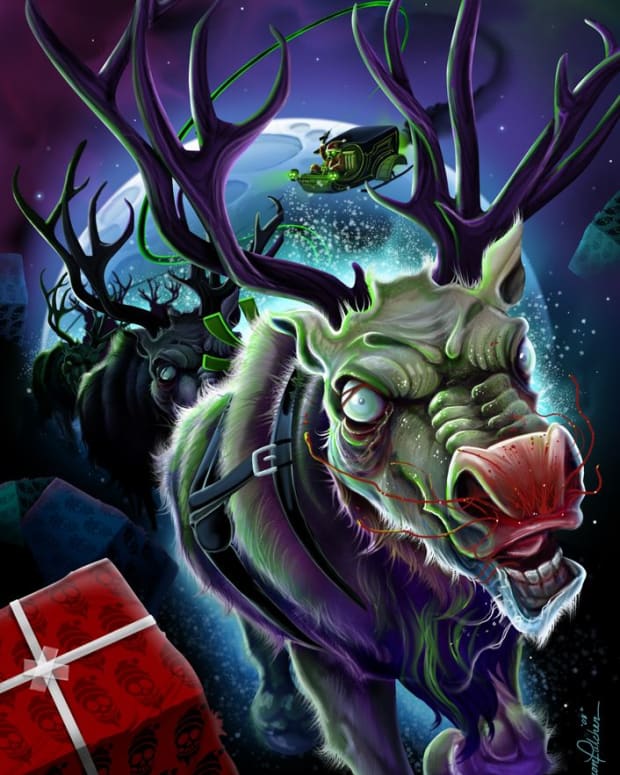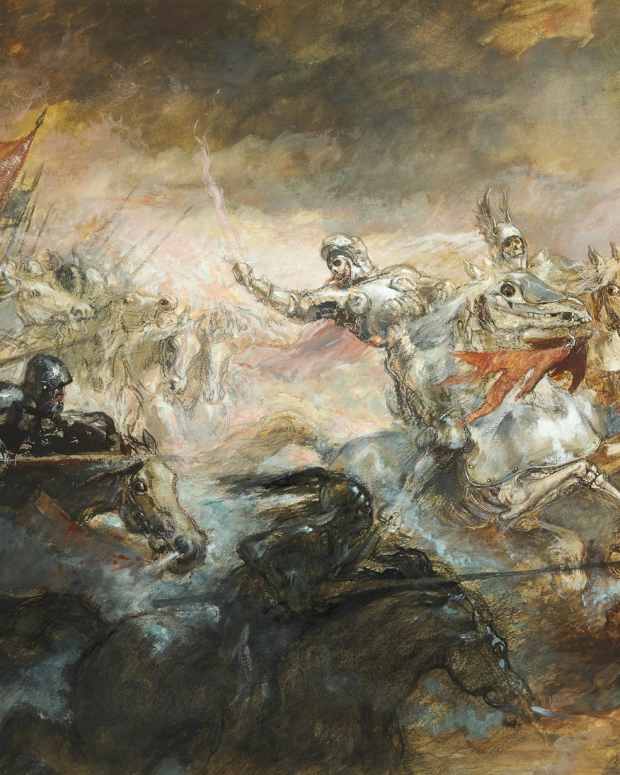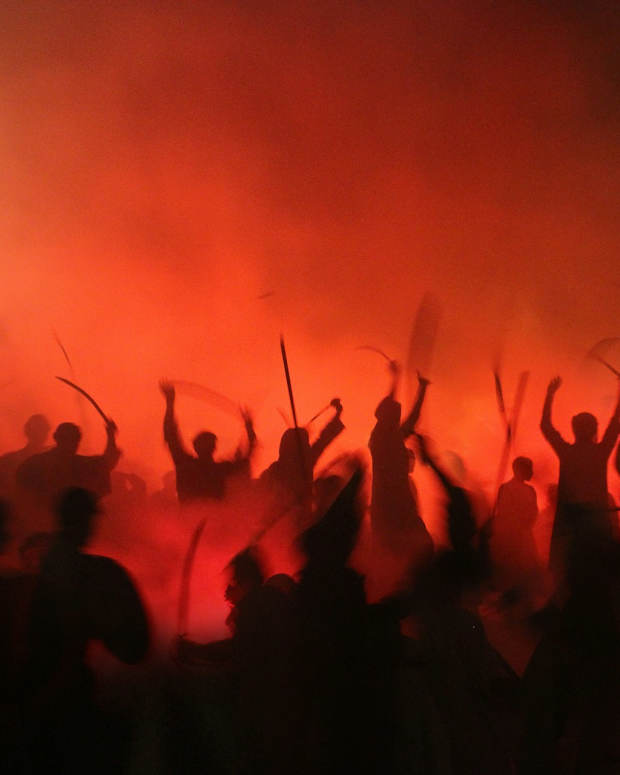Weird and Forgotten Former Olympic Sports

Tug of war was once an Olympic sport; shown here is the single bout between Britain (left) and Sweden (right) in the 1912 Olympics.
Surprising Former Olympic Sports
The quadrennial contest between pharmaceutical companies and anti-doping agencies draws billions of television viewers (spoiler alert: the anti-doping agencies usually come second).
In a simpler time, before human growth hormone, steroids, and amphetamines became common locker-room words, performance-enhancing drugs would not have helped contestants in certain Olympic events of yore. Here are a few former Olympic competition categories that might surprise you.
Croquet
In the early days, the sports that made up an Olympic gathering were largely selected by the competitors themselves under guidance from their host countries. In 1900, the Games were held in Paris. The French, being adept at croquet, decided to put that game on the calendar. Ten players signed up, all French.
A Nail-Biting Tussle
The opening event was a doubles match between the team of Gaston Aumoitte and Georges Johin and ... no one. No other team showed up—so Gaston and Georges walked off with the gold medal (and presumably also the silver and bronze).
In an angrier world, a bit of unrest might be expected from the grandstand among those who had paid to watch a no-contest bout, but on this occasion, decorum befitting the game of croquet prevailed. There was only one spectator, an Englishman who had traveled all the way from Nice to watch the nail-biting tussle.
Was the Olympic Committee discouraged? Of course not. Croquet made a repeat appearance in 1904, only in its American version, which is called roque. This is played on a hard surface surrounded by a bank.
As the Games were held in St. Louis, there was not a large contingent of foreign players; in fact, there were none. Only the Americans fielded a team, which made for a predictably boring tournament. Croquet, or roque, has remained off the Olympic agenda ever since.
The Arts
From 1912 until 1948, the Olympic Games featured art competitions. On your marks, get set, paint! The man who resurrected the ancient Olympic Games into their modern form, Baron Pierre de Coubertin, wanted art to be included—and so it came to be.
Medals were awarded in the disciplines of sculpture, painting, architecture, music, and literature. All of the creations had to be inspired in some way by sport. But this was no gripping display of athleticism (or artistry).
Artists created their entries beforehand, and juried judging took place during the Games. That does sort of take away from the spontaneity and anticipation of a tournament. The best sketch of nude reclining in under five minutes might have created more pizzazz.
One imagines the play-by-play announcer struggling to make the art event at the Olympics gripping.
“The French judge is now giving a close inspection of Tarquin Snodley’s granite sculpture, 'Peanuts Have Feelings Too.' He seems deeply impressed by the chisel work and he’s moving ... on ... to ... zzzz."

Jean Jacoby, an artist from Luxembourg, won a gold medal in the 1928 Olympics for his drawing of rugby players.
Automobilism
One sport is rather quaintly listed on the program as “automobilism.” There were 14 separate races. One was for a seven-seater car and bizarrely only a silver medal was awarded to an “unknown driver” at the wheel of a Panhard-Levassor.
The “small car” Paris-Toulouse-Paris race of 1,347 km was won in a time of 45 hours, 49 minutes, and 35 seconds. The second-place finisher was 12 hours behind. The winning driver was one Louis Renault. Wonder what he went on to do?
Fire Truck Category
Only one person, Gilbert Brown of the United States, was able to break the stranglehold the French had in all competitions. He won in the fire truck category, and it appears there were no other drivers.
Fishing
In August 1900, 600 anglers showed up to compete in four separate events. However, the whole contest is surrounded by mystery; nobody seems to have discovered any results. Perhaps, they’re still evaluating claims.
Hot Air Ballooning
Hot air ballooning was a big thing in—guess when?—correct, Paris 1900. There were 18 separate contests, one of which was to drift over a target on the ground and drop a missile as close to the bulls eye as possible. The Comte Henry de la Vaulx figures prominently in the winner’s column.
Ski Ballet
The Winter Olympics includes ice dancing, and no one can say that doesn’t involve a great deal of athleticism.
For a while (1988 and 1992), ski ballet was an Olympic sport, but it lacked the grace and fluidity associated with dancing. It seemed to involve a number of somersaults launched from a standing position supported by ski poles. Not very elegant.
So, why not ballroom dancing? Or, poll dancing even? (Vertical dance if you want a term with less salacious overtones.) Believe it or not, there was an online petition doing the rounds seeking to get this exotic activity accepted into the Olympic fold.
Events of the Future?
Other “sports” are jostling for a place in the spotlight. The Press Association ran a story in 2015 entitled “Snooker, chess, bridge, and tug of war [were] among the 26 sports to have applied for inclusion in the 2020 Olympic Games in Tokyo.”
All of these games have their own world championships—yes, even tug of war—so why would they want to get cozy with the scandal-prone International Olympic Committee? It’s about exposure to a world audience in the hope of attracting new players.
Herewith, a few suggestions for competitions to be featured in future Olympic Games:
- Rock, paper, scissors
- Toe wrestling (Born in a pub in Derbyshire, England in the mid-1970s.)
- Cannonball diving
- Dwile flonking (Also originated in an English pub, see below.)
- Bog snorkelling (A conversation in a bar in Wales in 1976 got this started. Are we detecting a trend here?)
- Texas Hold 'em, Solitaire, Cribbage.
Any suggestions?
Dwile Flonking
Bonus Factoids
- The Paris Olympics of 1900 featured several unique events, including live pigeon shooting, kite flying, and equestrian long jump. The actual Games lasted from May 14 to October 28.
- Olympic gold medals aren’t actually gold; they are made of silver with gold plating.
- Competitors in the original Olympics Games in Ancient Greece competed stark naked, so it was bound to happen that somebody would want to resurrect that idea. Now, Nude Olympics are held in several places, including beaches near San Francisco (USA) and Adelaide (Australia).
More Olympics Miscellania
- Olympic Medals: Myths and Fun Facts
During the Olympic Games, people see the fastest and strongest athletes earn gold, silver, and bronze medals. But how much do you know about these coveted awards? For example, are Olympic medals real gold? How heavy are they? This article has the ans - How an Olympic Gold Medalist Died in the Electric Chair
James Snook, a member of the 1920 U.S. Olympic Pistol Team, was sentenced to death by electric chair. After winning a gold medal at the Games, he became involved in an extramarital affair he could not end. - Abandoned Olympic Venues
Billions are spent building brand-new, state-of-the-art venues for the Olympics. But what happens after the Games leave? A sad trend these days is to simply abandon them to decay and rot. This article tracks down the abandoned Olympic venues from aro
Sources
- “When the Olympics Gave Out Medals for Art.” Joseph Stromberg, Smithsonian Magazine, July 24, 2012.
- “Encyclopedia of the Modern Olympic Movement.” edited by John E. Findling, Kimberly D. Pelle, Greenwood Press, 2004.
- “The 10 Strangest Olympic Sports.” Lateef Mungin, CNN, July 25, 2012.
- “Fox Tossing, Octopus Wrestling, and other Forgotten Sports.” Edward Brooke-Hitching, Simon and Schuster, 2015.
- “Snooker, Chess and Bridge among Sports to Apply for 2020 Olympics Inclusion.” Press Association, June 12, 2015.
The writer has no control over the placement of advertisements in connection with this article.
This content is accurate and true to the best of the author’s knowledge and is not meant to substitute for formal and individualized advice from a qualified professional.
© 2016 Rupert Taylor
Comments
Anne Harrison from Australia on May 12, 2016:
Rock, paper, scissors - I may even get selected!




